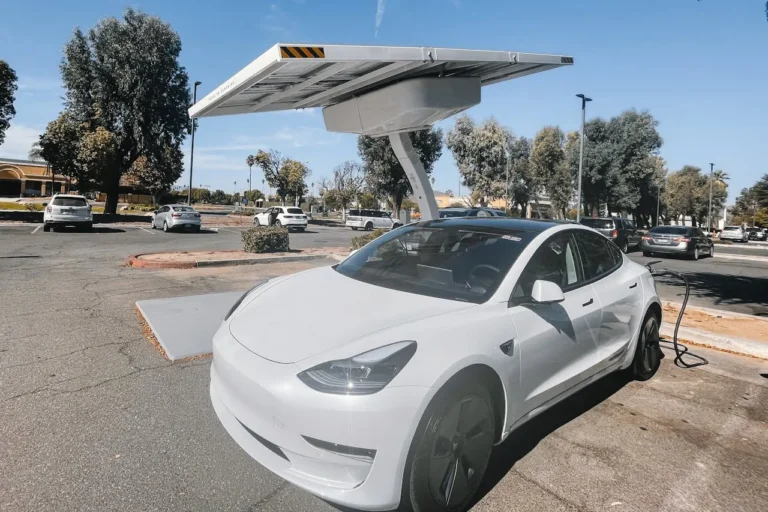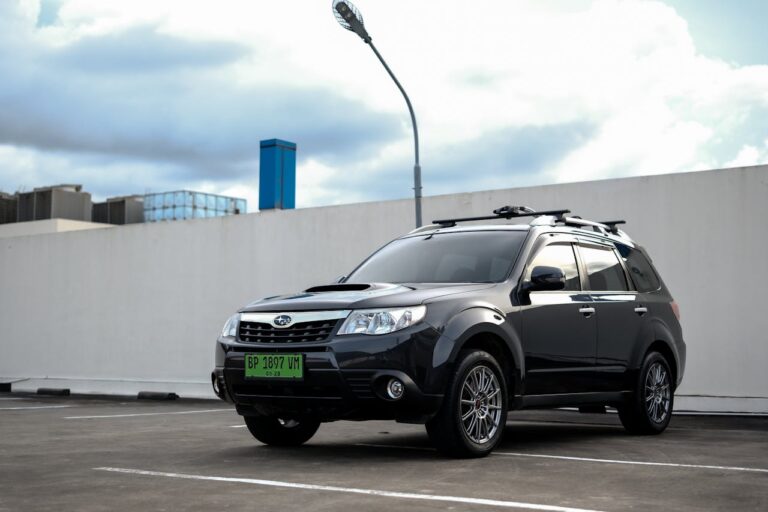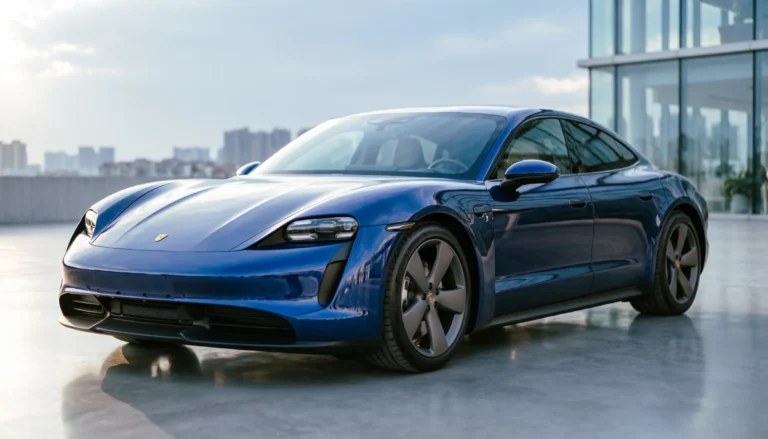
Ample Partners with Japanese OEMs
Ample, a leading innovator in electric vehicle (EV) battery-swapping technology, is set to expand its presence in Japan by deploying a comprehensive network of battery-swapping stations in Tokyo. This initiative will primarily target commercial fleets in the logistics sector, providing a seamless and efficient energy solution that aligns with the city’s ambitious sustainability goals.
A Major Step Toward Electrification in Tokyo
As part of this expansion, Ample’s battery-swapping network will significantly enhance charging accessibility for commercial vehicles operating in the densely populated capital. Each station will be capable of servicing over 100 vehicles daily, ensuring efficient energy replenishment for high-utilization fleets. The initiative has gained the backing of the Tokyo Metropolitan Environmental Public Corporation, further underscoring Tokyo’s commitment to cutting greenhouse gas emissions. The project is expected to contribute meaningfully to the city’s overarching goal of reducing emissions by 50% by 2030.
Tokyo, a city known for its progressive urban policies and commitment to sustainability, has been actively seeking innovative solutions to accelerate the transition to electric mobility. Traditional charging infrastructure faces challenges in urban areas, where space constraints and high vehicle density make it difficult to deploy conventional charging stations at scale. Battery swapping presents a compelling alternative, providing a refueling experience comparable to traditional gas stations but with the added benefits of reducing downtime and alleviating strain on the electricity grid.
Ample’s Initial Entry into Japan
Ample first entered the Japanese market in early 2024 through a strategic collaboration with Mitsubishi Fuso Truck and Bus Corporation (MFTBC) and ENEOS Holdings. The initial deployment took place in Kyoto, serving as a proof of concept for the viability of modular battery swapping in Japan’s commercial transportation sector. This partnership demonstrated the advantages of swapping technology for fleet electrification, including rapid energy replenishment, minimal disruption to existing fleet operations, and a reduced burden on the power grid through intelligent energy management.
The success of the Kyoto deployment laid the groundwork for Ample’s expansion into Tokyo. By leveraging the insights gained from this initial project, the company aims to refine and scale its swapping solutions to meet the unique demands of one of the world’s largest and most dynamic urban centers.
The Role of Battery Swapping in Japan’s EV Transition
Japan has long been recognized as a global leader in automotive manufacturing, with companies such as Toyota, Honda, Nissan, and Mitsubishi Motors pioneering advancements in vehicle technology. However, despite this leadership, the nation has been relatively slow to adopt electric vehicles at scale.
Several factors have contributed to this lag in electrification:
- Long Charging Times: Conventional EV charging can take anywhere from 30 minutes to several hours, making it impractical for commercial fleets with demanding schedules.
- Power Supply Limitations: The existing electrical infrastructure in many parts of Japan faces challenges in supporting widespread fast-charging stations without significant upgrades.
- Space Constraints: Given Tokyo’s dense urban landscape, allocating space for large-scale charging infrastructure is a considerable challenge.
Battery swapping addresses these obstacles by offering a rapid and convenient energy solution. With Ample’s technology, EV drivers can exchange a depleted battery for a fully charged one in approximately five minutes—comparable to the time it takes to refuel a gasoline vehicle. Moreover, by charging batteries gradually within swapping stations rather than drawing large amounts of power instantaneously, the system alleviates stress on the electric grid, making it a more sustainable long-term solution.
Mitsubishi’s Role in Advancing EV Innovation
A key component of this initiative is the involvement of Mitsubishi Fuso Truck and Bus Corporation (MFTBC) and Mitsubishi Motors Corporation (MMC). These companies bring decades of expertise in vehicle manufacturing and electrification, positioning them as valuable partners in this groundbreaking project.
- MFTBC’s Commitment to Zero Emission Vehicles: As a leader in commercial vehicle manufacturing, MFTBC has been at the forefront of advancing electric trucks and buses. The company has played a pivotal role in promoting sustainable logistics solutions, making it an ideal collaborator in Ample’s Tokyo expansion.
- MMC’s Pioneering EV Legacy: Mitsubishi Motors was one of the first automakers to mass-produce electric vehicles, introducing models such as the i-MiEV, which set the stage for future EV innovations. The company’s deep understanding of urban mobility and electrification further enhances the viability of the battery-swapping initiative.
Together, these partners aim to demonstrate the practicality of battery swapping for commercial applications, ultimately paving the way for broader EV adoption across Japan.
Ample’s Cutting-Edge Swapping Technology
Ample’s battery-swapping ecosystem is designed to provide a seamless alternative to traditional EV charging methods. The company manufactures and operates modular swapping stations that can be deployed within days, making them a practical and scalable solution for urban environments like Tokyo.
Key Features of Ample’s Swapping Technology:
- Universal Compatibility: Ample’s modular batteries are designed to serve as drop-in replacements for the original EV battery, ensuring compatibility with a wide range of vehicle models.
- Rapid Energy Delivery: Each swapping session takes just five minutes, making it comparable to conventional refueling at a gas station.
- Space Efficiency: The compact design of swapping stations allows them to be installed in areas where traditional charging infrastructure may not be feasible.
- Grid-Friendly Operation: By charging batteries slowly over time rather than drawing large amounts of power at once, Ample’s system reduces peak electricity demand and enhances grid stability.
This technology is particularly advantageous for commercial fleets, where vehicle uptime is critical. Unlike fast-charging solutions that require vehicles to remain stationary for extended periods, battery swapping allows fleet operators to maximize efficiency by minimizing downtime.
The Future of EV Battery Swapping in Japan
As Japan seeks to accelerate its transition toward sustainable transportation, battery swapping is emerging as a key enabler of widespread EV adoption. By addressing core challenges such as charging time, grid impact, and space constraints, this technology has the potential to revolutionize urban mobility in cities like Tokyo.
Looking ahead, Ample’s continued collaboration with Japanese automakers, government entities, and logistics providers will be instrumental in shaping the future of EV infrastructure in the country. The successful deployment of swapping stations in Tokyo could serve as a model for other major cities grappling with similar electrification challenges.
By providing a fast, scalable, and cost-effective solution, Ample and its partners are not only supporting Japan’s climate goals but also setting a precedent for how high-density urban environments worldwide can transition to cleaner transportation alternatives. As the demand for EVs grows and more fleets seek efficient energy solutions, battery swapping is poised to play an increasingly pivotal role in the global shift toward sustainable mobility.







